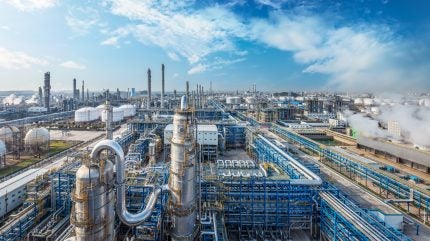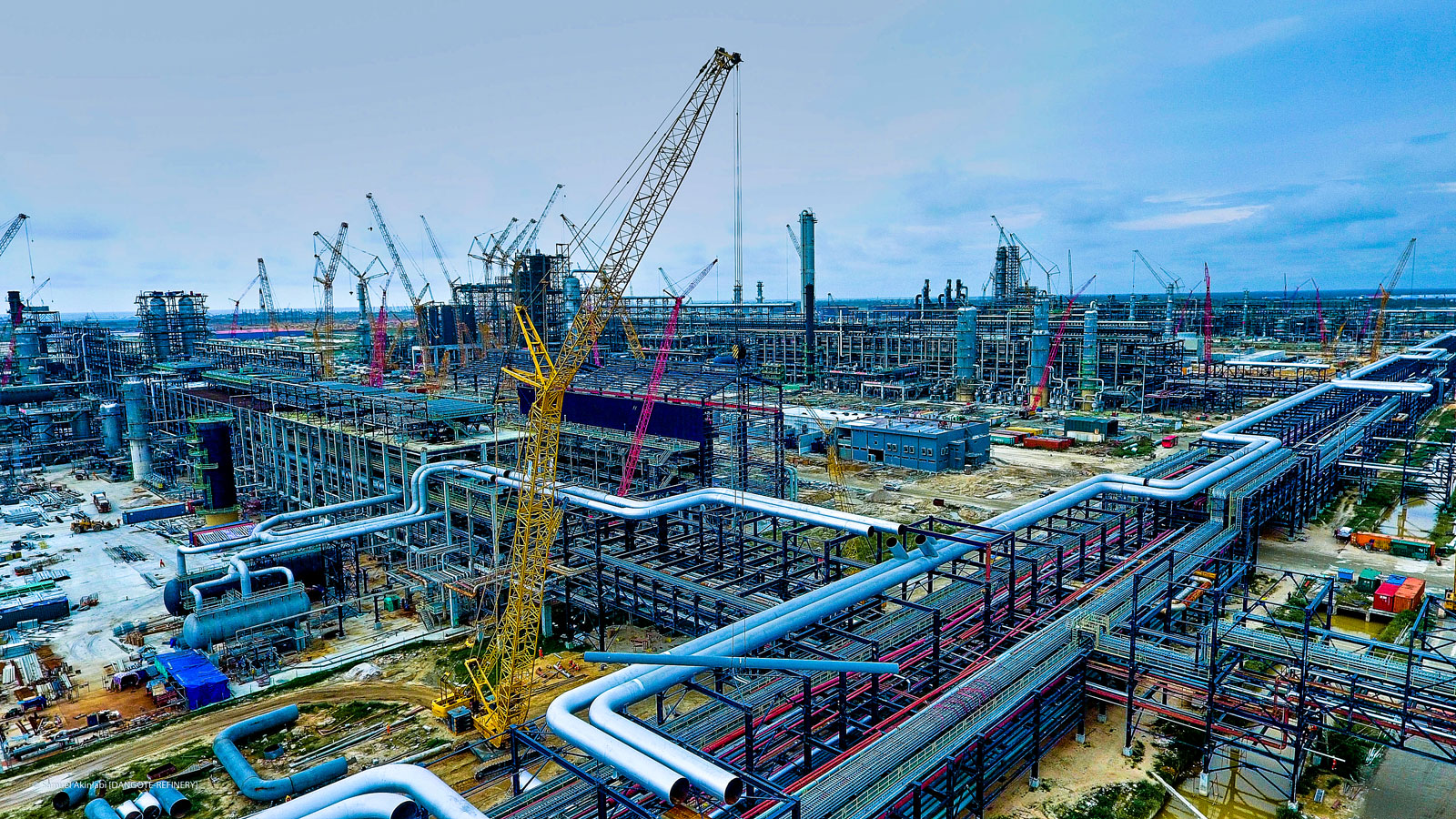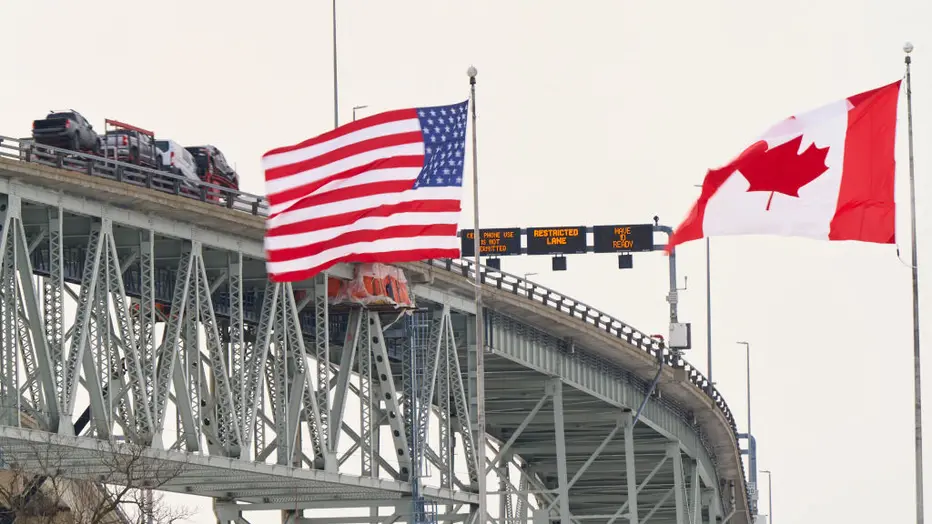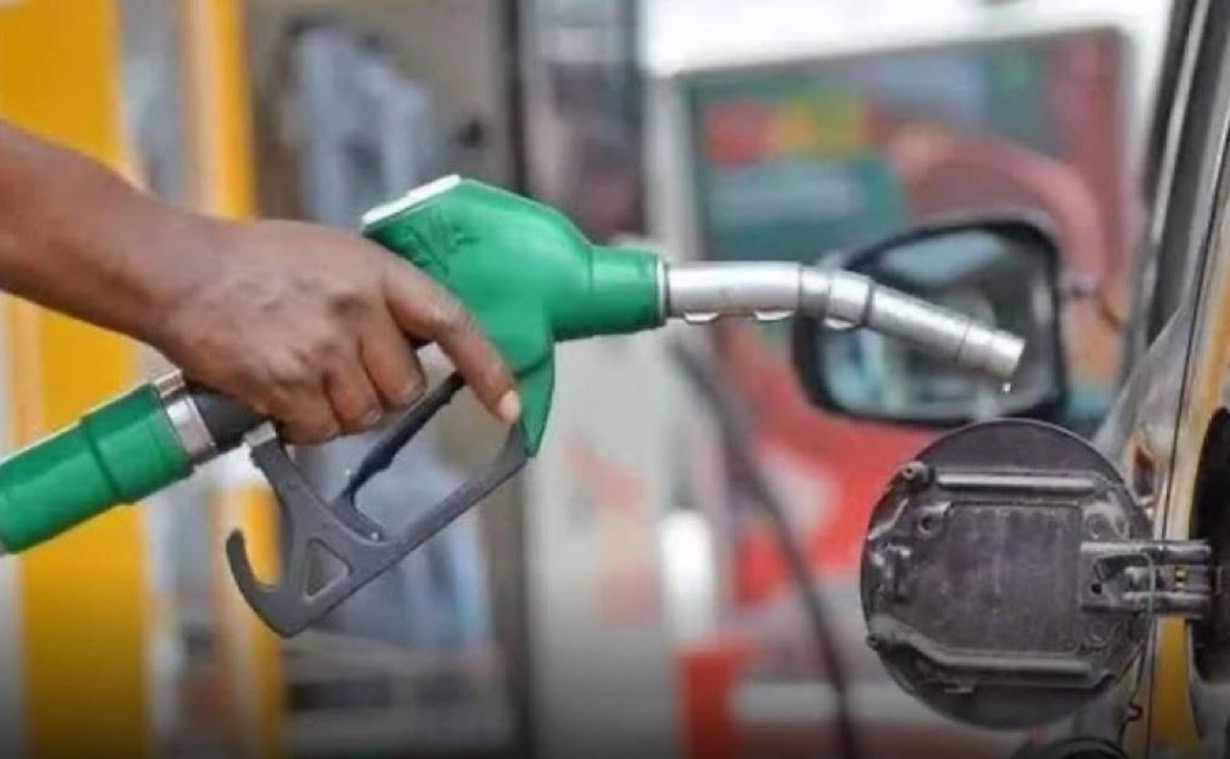What’s Happening?
Nigeria’s petroleum marketers and retailers have turned to imports to meet the country’s fuel needs, bringing in 154.22 million litres of Premium Motor Spirit (PMS), also known as petrol, between March 17 and 23, 2025. This marks a significant shift away from the Dangote Refinery, which has been struggling to secure a steady supply of crude oil due to a stalemate in its Naira-for-crude deal with the Nigerian National Petroleum Company Limited (NNPCL).
According to data from the Nigerian Port Authority (NPA), seven vessels carrying a total of 115,000 metric tonnes of petrol arrived at ports in Lagos and Calabar during the period. Meanwhile, the Dangote Refinery imported 654,766 metric tonnes of crude oil but has been unable to meet the demand for petrol, prompting marketers to seek alternatives.

Why the Shift to Imports?
The decision by marketers to import petrol instead of relying on the Dangote Refinery is driven by several factors:
- Pricing Disparity: The landing cost of imported petrol currently ranges between N774 and N797 per litre, while Dangote Refinery’s ex-depot price is between N815 and N825 per litre. This makes imports more cost-effective for marketers.
- Naira-for-Crude Stalemate: The Dangote Refinery’s inability to secure a steady supply of crude oil from the NNPCL has disrupted its operations, leading to a suspension of petrol sales in Naira.
- Refinery Shortfall: Nigeria’s three operational refineries contribute less than 50% of the country’s daily petrol consumption, leaving a significant gap that must be filled by imports.
The Numbers: A Breakdown
Here’s a snapshot of the petrol imports during the week:
- March 17: Two vessels carrying 20,000 metric tonnes each arrived at the Tincan and Calabar ports.
- March 20: A 20,000 metric-tonne vessel berthed at the Ecomarine terminal in Lagos.
- March 21: A 5,000 metric-tonne vessel arrived at the Tincan port.
- March 22-23: Two vessels carrying 15,000 metric tonnes each arrived at the Calabar port.
In total, the seven vessels brought in 115,000 metric tonnes, equivalent to 154.22 million litres of petrol.
A Deeper Dive: The Crude Supply Stalemate
The stalemate between the Dangote Refinery and the NNPCL over the Naira-for-crude deal is a major factor in the refinery’s struggles. Under the deal, the refinery was supposed to receive crude oil in exchange for Naira payments, but disagreements over pricing and supply terms have disrupted the arrangement.
This has left the refinery without a steady supply of crude oil, forcing it to suspend petrol sales in Naira and rely on imports to meet its own needs.
The Role of Nigeria’s Refineries
Nigeria’s three operational refineries—Port Harcourt, Warri, and Kaduna—have long been plagued by inefficiencies and underperformance. Despite recent efforts to rehabilitate them, they contribute less than 50% of the country’s daily petrol consumption, leaving a significant gap that must be filled by imports.
This reliance on imports is a major drain on Nigeria’s economy, costing billions of dollars annually and exposing the country to global market volatility.
Read also: “Rivers Crisis: PDP Chieftain Blames Party Leadership for Woes, Slams Wike and Tinubu”
The Way Forward: Reforms and Investments
To address these challenges, Nigeria needs to:
- Revamp Local Refineries: Accelerate the rehabilitation of existing refineries to increase their capacity and efficiency.
- Support Private Refineries: Provide incentives and support for private refineries like Dangote to overcome operational challenges.
- Diversify Energy Sources: Invest in alternative energy sources, such as natural gas and renewables, to reduce dependence on petrol.
- Strengthen Policy Frameworks: Implement policies that promote transparency, accountability, and efficiency in the energy sector.
Dangote Refinery’s Challenges
The Dangote Refinery, with a capacity of 650,000 barrels per day, was expected to revolutionize Nigeria’s fuel supply and reduce dependence on imports. However, the refinery has faced several setbacks, including:
- Crude Supply Issues: The stalemate in the Naira-for-crude deal with the NNPCL has disrupted operations.
- Currency Constraints: The suspension of petrol sales in Naira has made it difficult for local marketers to access products.
- Operational Delays: The refinery is still in its early stages and has yet to reach full production capacity.
What This Means for Nigeria
The shift to petrol imports has significant implications for Nigeria’s economy and energy sector:
- Increased Costs: Reliance on imports exposes Nigeria to fluctuations in global oil prices and exchange rates, which could drive up fuel prices.
- Foreign Exchange Pressure: Importing petrol requires significant foreign exchange, putting additional strain on Nigeria’s already depleted reserves.
- Energy Security: The inability to meet domestic fuel demand locally undermines Nigeria’s energy security and self-sufficiency goals.
Key Takeaways
- Nigeria imported 154.22 million litres of petrol in one week as marketers turned away from the Dangote Refinery.
- The shift is driven by pricing disparities, crude supply issues, and operational challenges at the Dangote Refinery.
- The development highlights Nigeria’s continued reliance on fuel imports despite having local refining capacity.
- The situation underscores the need for urgent reforms in Nigeria’s energy sector to achieve self-sufficiency.
















Got a Questions?
Find us on Socials or Contact us and we’ll get back to you as soon as possible.